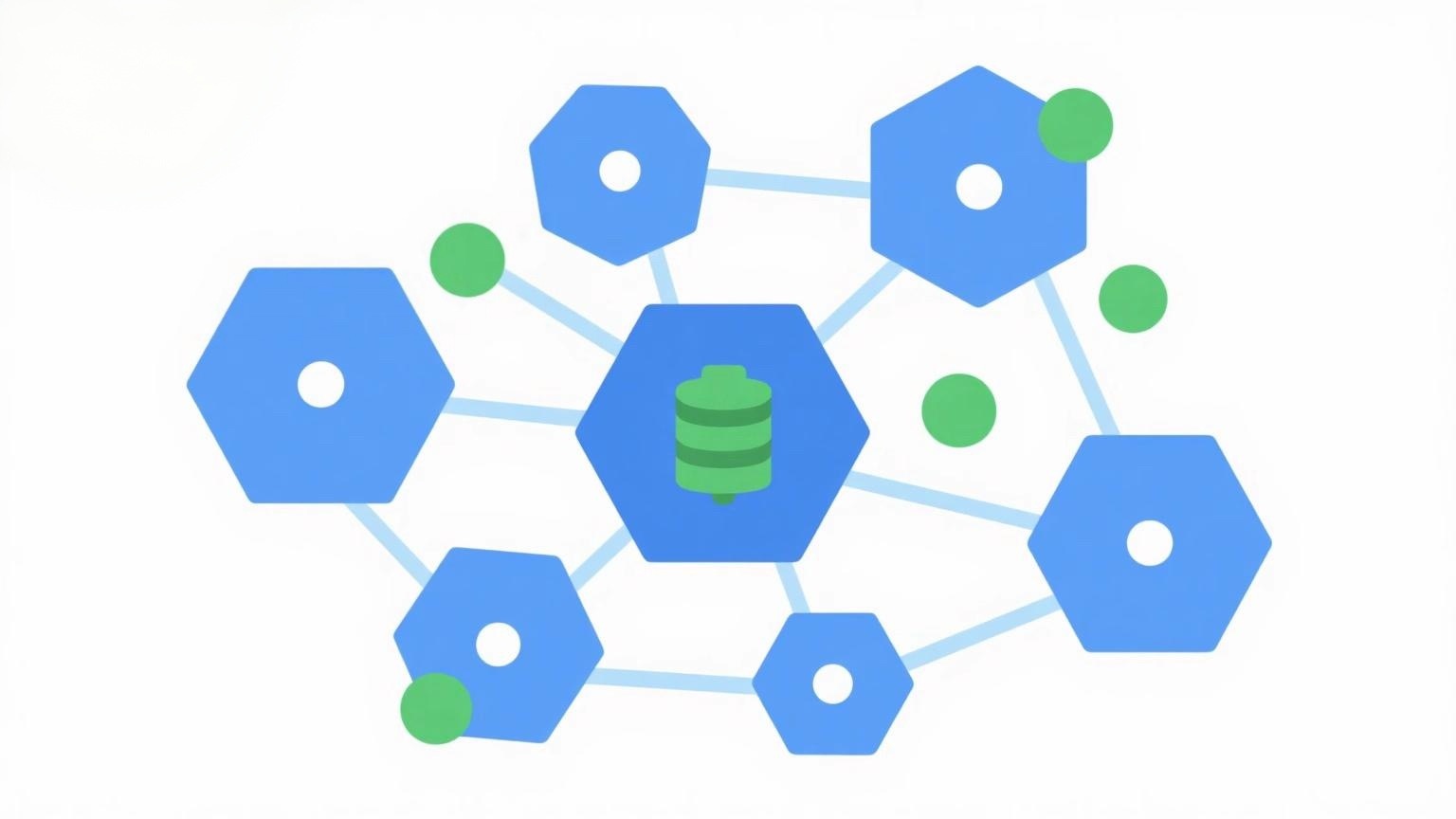
From PC internet to mobile internet, from e-commerce to cloud computing, 20-year-old Alibaba has demonstrated a keen sense for technological trends, never missing a single wave of innovation. This time, Alibaba has set its sights on blockchain. Jack Ma once stated that for Alibaba, blockchain is not a gold mine but a solution—Alibaba must embrace blockchain, or it would face dire consequences.
While this statement may sound exaggerated, it is by no means empty rhetoric. History serves as a lesson: Nokia did nothing wrong, yet it still lost. Today, Alibaba is not the only one bullish on blockchain. Tencent has already piloted blockchain-based invoices in Shenzhen and launched blockchain games. JD.com is working on blockchain logistics, Baidu has its public chain, and Huawei is advancing blockchain + cloud computing. This raises the question: Why are tech giants so optimistic about blockchain?
To answer this, let’s start with its defining feature—what advantages does blockchain offer, and why is it so appealing to these giants?
We all know that big data is a major trend. For these giants, whoever can manage data more effectively in the future will hold a competitive edge. Blockchain acts as a database, helping them address this challenge. What sets blockchain apart from traditional internet databases is its decentralized nature—the most critical characteristic of blockchain. So, what is centralization?
For example, the shopping apps we use daily are centralized platforms. Whether selecting products or completing transactions, both buyers and sellers must interact with a central entity: the company that created the app. This company has access to all user data generated during the process and can even influence a seller’s performance (e.g., through search rankings). It holds immense power as the central authority in the entire process—this is centralization.
Decentralization, on the other hand, removes this central authority, distributing power away from a single entity and enabling direct peer-to-peer transactions among users. For instance:
-
User-generated shopping data is managed by users themselves; centralized companies can only access it but cannot view or control it.
-
The reputation of merchants is entirely determined by users, with no centralized entity manipulating search rankings or sales performance.
The benefits of decentralization manifest in two key ways:
-
Reduced Cybersecurity Risks: In traditional systems, data is stored in a central node. If hackers attack this node, the entire network can collapse. With decentralization, the network is maintained by multiple nodes of equal authority. Even if one node fails, the impact is minimal.
-
Preventing Data Monopolies: Decentralization disperses the power of centralized companies, ensuring user privacy and preventing data monopolies. In a way, decentralization represents a form of "communism" in the digital world.
Blockchain’s appeal to tech giants aligns with broader trends. As data grows increasingly vital, more people recognize its importance, making the decentralization of data rights an inevitable outcome. Therefore, those who can balance data processing efficiency with user information security will be best positioned for the future.
















